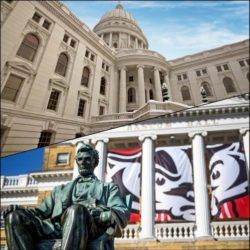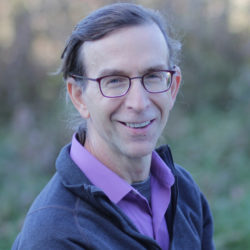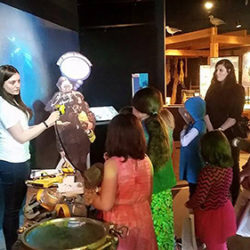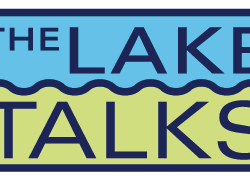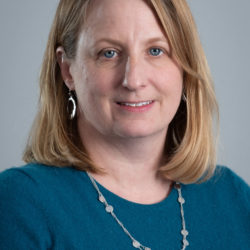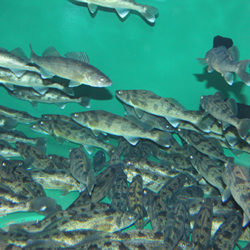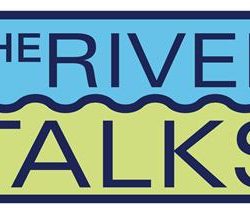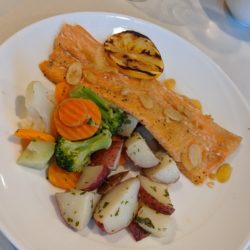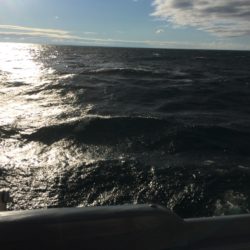Deterring geese on the St. Louis River to protect wild rice
The River Talk series is going online for the final talk for this academic year. On May 13, Sam Hansen, former undergraduate research fellow with the Lake Superior National Estuarine Research Reserve, will present a talk via Zoom.




